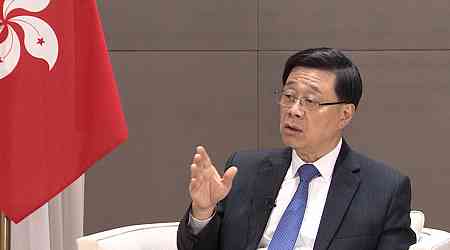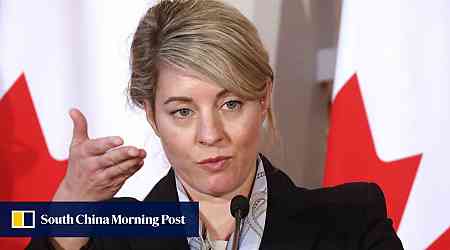Hong Kong's healthcare sector needs to maximise its edge on the international stage by collaborating with its mainland counterparts in clinical trials, according to the chief executive. Spelling out his vision on RTHK programme Overview Policy, John Lee reiterated the main objective of reforming the healthcare system is to ensure efficient division of work among the Hospital Authority, the Department of Health and the Primary Healthcare Commission, which was set up in July. "We need to make primary healthcare accessible for everyone in the community. People need to take good care of themselves, especially before they fall ill so they don't have to rely on treatment. The basis is to have everyone protect their own health on a day-to-day basis," Lee explained. Another goal, the chief executive stated, is to establish Hong Kong's own drug regulator and speed up registration of new pharmaceutical products. Currently, a drug can only be submitted for approval after it has been registered in at least two reference jurisdictions. Lee said the aim is to substitute part of that requirement with approved clinical trials, where collaboration with the mainland is essential. "We have data from 7.5 million patients. But if we can utilise the data from 1.4 billion people on the mainland, or even just 78 to 80 million in the Greater Bay Area, then the clinical trials will become a lot more effective," he explained. The SAR leader also stressed that careful planning is needed when establishing a third medical school in the city, to make sure it does not take away students or resources with the two existing institutions. "We have only around 2.1 doctors per 1,000 people, compared to the ratio of 2.5 in other advanced economies. There's a lot of catching up to do, and with the current limited intake quota for medical students it's very important to set up a third medical school," he said. "But at the same time I don't want these institutions to compete against each other for students. So right now the idea is to let two medical schools focus on teaching, while the third can focus on research and development," he said. Lee confirmed multiple universities have expressed interest to take up the initiative, and a working group is now assessing which one is the most suitable candidate and meets all of the Medical Council's requirements.
































